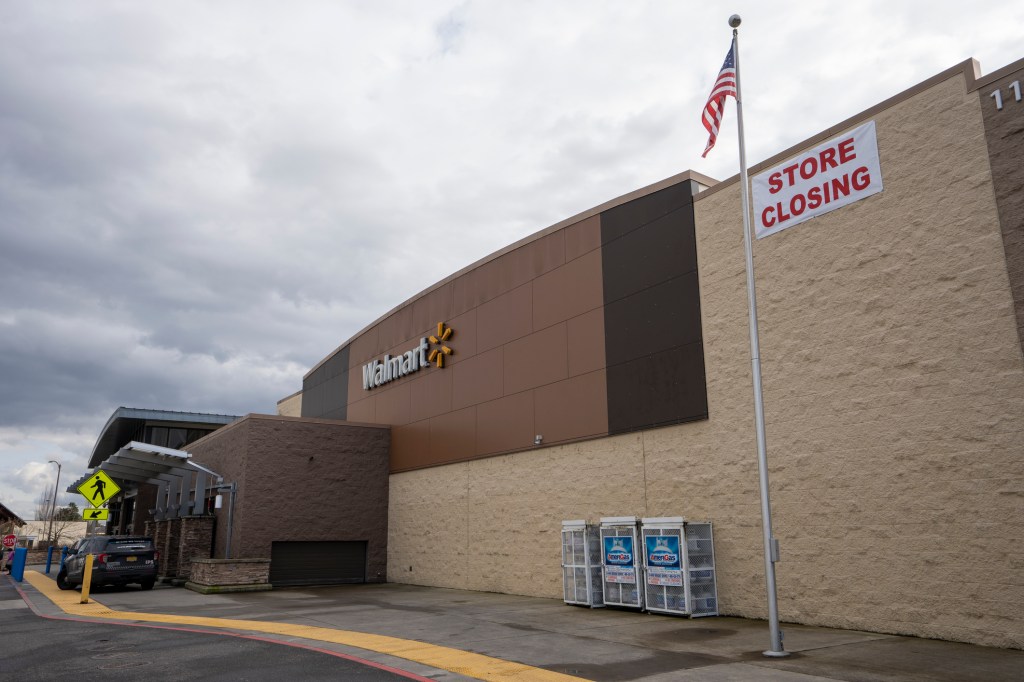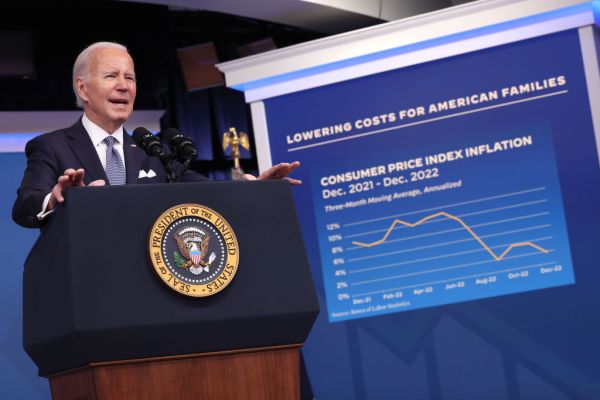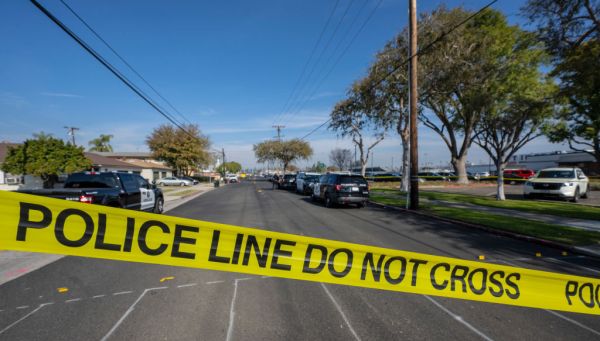Walmart joined the ranks of Nike, Cracker Barrel, and regional grocery store Green Zebra when it closed its two stores in Portland, Oregon in March. Conservatives say local government’s ineffectiveness in tamping down crime in the deep blue city is to blame.
But local business leaders say that crime plays a part, Portland’s woes aren’t that simple.
Rising crime in Portland is undeniable, with homicides and robberies increasing after its police budget getting cut from $244 million to $229 million in 2020. And businesses are suffering. Columbia Sportswear-owned brand SOREL moved its headquarters from Portland, citing safety as an issue. Nike has also complained about the amount of crime in the city. And REI announced it would close its Portland store due to “its highest number of break-ins and thefts in two decades, despite actions to provide extra security.” The Portland Business Alliance urged the local government to increase police investments in its 2023 policy agenda.
“This is what happens when cities refuse to enforce the rule of law,” Texas Gov. Greg Abbott tweeted about the Walmart closings, echoing remarks at Breitbart and from journalist Andy Ngo.
But in response to Abbott, Portland Mayor Ted Wheeler pointed out that shoplifting is up nationwide: 2021 saw a 26.5 percent increase in retail crime. “Governor Abbott, are the dozens of Walmart stores that have closed in Texas in recent years all communities that ‘refuse to enforce the rule of law?’” he said. “The retail industry is changing and retail theft is a national issue.”
Walmart CEO Doug McMillon himself told CNBC in December that theft in general “is higher than what it has historically been.” But unlike other retailers, Walmart didn’t cite crime as the sole reason it’s leaving Portland.
“The decision to close these stores was made after a careful review of their overall performance,” a Walmart spokesperson told the Portland Fox affiliate. “We consider many factors, including current and projected financial performance, location, population, customer needs, and the proximity of other nearby stores when making these difficult decisions.”
Even with the loss of the two stores in Portland city limits, there are seven Walmart locations within a 10-mile radius of the Portland city hall zip code—plus two more within that radius just over the border with Washington. What’s more, Portland’s population is declining for the first time in 30 years
“The greater Portland economy went through three decades of extraordinary economic and demographic growth. Then three years of a marathon of crises starting in 2020 when we were one of the first in and eventually last out of the pandemic restrictions; political violence challenged our downtown, then historic wildfires, ice storms coupled with the proliferation of fentanyl and other toxic substances have challenged our community safety like never before,” said Andrew Hoan, president and CEO of the Portland Business Alliance.
“I think crime definitely gets taken into account and retailers will look at that, but really there’s a much wider basket of things that are considered when you’re talking about closing the store,” said Neil Saunders, managing director of analytic company GlobalData’s retail division.
Hoan pointed out that even with the crime spike in Portland, other businesses have opened locations in the city. “Our region’s economy is resilient, we have recovered all the jobs lost from the pandemic, our central city is seeing the green shoots of vibrancy take hold from the opening of our first Shake Shack to the anticipated completion of our first ever Ritz Carlton.”
Topping that list of factors are inflation and a decline in consumer spending. Inflation has steadily increased since 2021, and even with a recent drop it still stands at a relatively high 5 percent. And with consumer spending falling over the past few months, Saunders says retail stores are looking to cut costs.
“And that means two things really as far as the physical stores are concerned. First of all, they are looking to cut out physical stores that are not performing and don’t have any prospects in performing,” Saunders said. “Second of all, they’re trying to become much more efficient.”
Efficiency means, among other things, figuring out where companies want storefronts to optimize revenue. And the Walmarts closed in Portland are just two of the 20 to be closed across the nation this year. The locations range from major cities like Portland and Washington, D.C., to the villages of Homewood and Plainfield in Illinois.
Enough factors inform the decision to close a store that both critics and defenders of the Portland political establishment can find data points to support their argument. One can argue that Portland is dealing with a spike and crime and that the city is a victim of a nationwide crime trend. But the argument belies a third option: Both sides can be right.









Please note that we at The Dispatch hold ourselves, our work, and our commenters to a higher standard than other places on the internet. We welcome comments that foster genuine debate or discussion—including comments critical of us or our work—but responses that include ad hominem attacks on fellow Dispatch members or are intended to stoke fear and anger may be moderated.